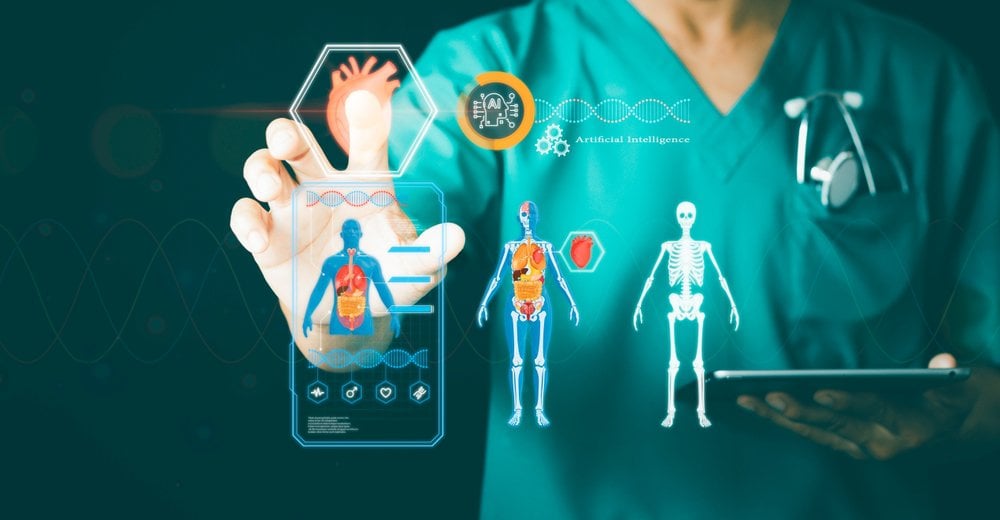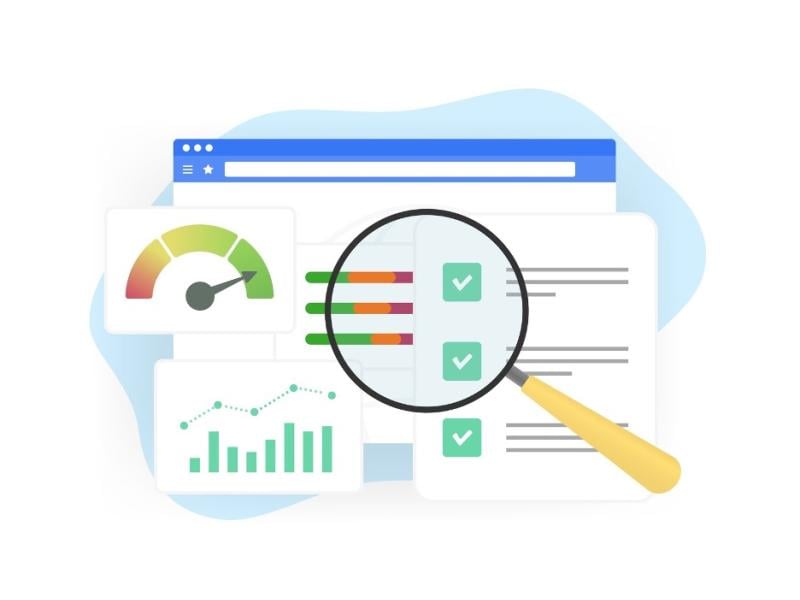Artificial intelligence (AI) technologies have transformed medical research processes, both clinically and administratively. But despite great advancements, medical associations and other research-oriented companies and organizations still face a range of digital challenges. From data standardization and security to patient engagement and analytics, the complexities of the modern healthcare landscape require innovative solutions.
In this article, we explore how medical associations and research organizations can use the power of emerging technologies to unlock the full potential of natural history studies. These digital strategies enhance patient engagement, streamline data management, and produce deeper insights. As a result, organizations can drive innovation, improve patient outcomes, and transform their approach to rare disease research.
The Importance of Patient Engagement in Natural History Studies
A natural history study (NHS) is a type of medical research that collects in-depth information about people with a rare genetic condition. These studies track the progression of the disorder over several years. They document the symptoms, treatments, and lived experiences of participants.
These longitudinal observational studies enroll patients of all ages with varying degrees of illness. Recruiting a diverse patient population helps scientists better understand the full scope of the condition.

The studies aim to improve the prognosis and quality of life for patients and their families. They provide an opportunity for families affected by certain disorders to actively participate in research, share their experiences, and contribute to the scientific understanding of these conditions.
Patient engagement is the active involvement of patients throughout the research process. For instance, patients might:
- Participate in data collection through surveys, interviews, or medical assessments
- Share personal experiences and perspectives to help researchers better understand the disease
- Collaborate with researchers to interpret study findings and disseminate results
Benefits of Continuous Patient Engagement
Continuous engagement with willing patients in natural history studies brings several benefits, such as:
- Improved study relevance and outcomes: Patient input helps ensure the research questions, methods, and outcomes are meaningful and aligned with patient needs.
- Enhanced data quality: Patients can provide valuable real-world insights and help researchers interpret findings more accurately.
- Increased trust and participation: Ongoing collaboration builds trust between patients and researchers for better recruitment and retention.
- Accelerated translation to clinical care: Patient-centered research is more likely to yield results that can be quickly applied to improve clinical practice and patient outcomes.
Natural history studies help researchers understand disease progression and inform clinical care and drug development. By actively engaging patients throughout the research process, these studies can yield more relevant, impactful, and patient-centered results.
Current Challenges Medical Associations and Research Organizations Face in the Digital World
While technology is a valuable tool for clinicians monitoring natural history studies, numerous digital challenges complicate the process. One critical issue is data standardization and interoperability.
Natural history studies often involve data from multiple sources, such as electronic health records, patient-reported outcomes, and laboratory results. Integrating this disparate data into a cohesive, standardized format can be extremely difficult. Specifically, it can hamper the ability to analyze trends and draw meaningful insights.
In addition, the rapid pace of technological change poses a significant challenge to patient engagement. As new data collection methods and digital tools emerge, medical associations must constantly adapt their monitoring processes to keep pace. Failure to do so can lead to incomplete or inaccurate data and undermine the validity of the study.
Another key challenge is to ensure data security and patient privacy. Natural history studies often involve sensitive patient information, which must be protected in accordance with strict regulations like HIPAA. Of course, implementing robust data security measures and maintaining compliance can be resource-intensive and complex for both medical associations and research organizations. But without them, organizations could see devastating data breaches, erode public trust, and expose patients to potential harm.
What’s more, the sheer volume and complexity of data generated by such studies can overwhelm the analytical capabilities of many medical associations and research organizations. Developing the necessary data management and analytics infrastructure may require specialized expertise and a significant investment. Without the right tools and processes in place, both parties may struggle to identify meaningful trends and insights. This could limit the impact of their oversight efforts.
 To address these challenges, they must prioritize digital transformation and invest in advanced data management and analytics capabilities. By doing so, they can enhance their ability to monitor natural history studies, ensuring data integrity and patient safety.
To address these challenges, they must prioritize digital transformation and invest in advanced data management and analytics capabilities. By doing so, they can enhance their ability to monitor natural history studies, ensuring data integrity and patient safety.
AI to the Rescue: Offering Solutions for Clinical Studies
AI-powered solutions can help medical associations and researchers overcome many of the digital challenges they face in monitoring patient engagement in natural history studies.
AI technology can make patient data extraction, analysis, and treatment recommendations more efficient. Think clinical decision support systems, predictive analytics, data visualization, patient monitoring, and telemedicine. The following are additional benefits of using AI solutions in clinical studies:
- AI-driven data integration tools can automatically harmonize data from disparate sources into a unified, standardized format. Machine learning algorithms map and translate data across different systems and formats. This streamlines the data aggregation process and improves interoperability.
- AI-powered data governance and access control systems use advanced analytics and anomaly detection to identify and mitigate potential security threats. They also enforce access policies based on user roles and permissions. With automated security measures, data security and patient privacy are improved. This also boosts compliance with regulations like HIPAA.
- AI-driven data analytics platforms use machine learning algorithms to uncover hidden patterns and insights within vast amounts of data. This enables more informed decision-making and more effective monitoring of critical research efforts. By automating the analysis of large, complex datasets, disease progression and the impact of interventions to improve patient outcomes can be better understood.
Using Best Digital Practices for Natural History Studies
In addition to data-focused solutions, technology can be used to enhance patient engagement and the overall experience for both patients and researchers.
One key area is the use of AI-powered chatbots and virtual assistants. These intelligent systems can serve as the first point of contact for patients. They can collect data, answer questions, and provide personalized guidance 24/7. By automating these routine interactions, patient access to information and support can be improved. As a result, they see better patient engagement and outcomes.
Digital data visualization and interactive dashboards can also present study findings in a user-friendly, engaging manner. Basically, these tools make complex data more accessible and understandable. They can then help patients, caregivers, and healthcare providers better understand diseases and the implications for treatment and management.
This enhanced transparency and collaboration can improve patient trust. Associations and researchers will also make more informed decisions and see better health outcomes.
How Unleashed Technologies Can Bridge the Digital Gap
When you embrace technological advancements and a holistic approach to digital transformation, you create a more engaging and empowering experience for patients and researchers alike. This drives innovation and improves patient care.
Unleashed Technologies offers a comprehensive suite of digital infrastructure and patient engagement solutions customized to optimize your research efforts. We develop AI-powered solutions and applications to address critical challenges such as data management, analysis, and security. In addition to placing a high emphasis on robust system security, we also prioritize user-friendly digital experiences, scalability, and long-term success.
The right digital solutions can help you streamline workflows, improve patient engagement, boost security, and reduce administrative tasks and project costs. Let’s connect to unlock the full potential of your medical research.


